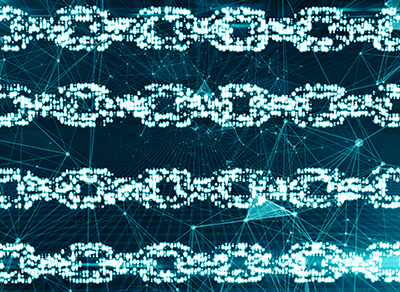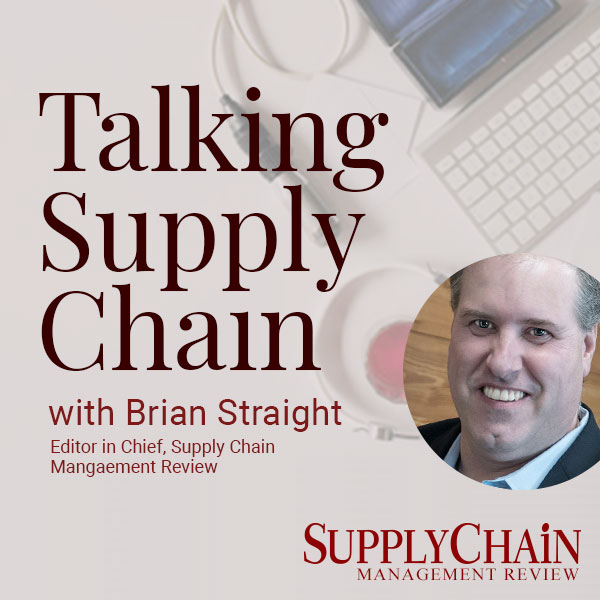How do companies wash away the hype to get a clear view of what blockchain solutions may or may not do for them—especially where there is no burning platform for evaluating the technology?
First, it's useful to understand what blockchains can and can't do.
Blockchains shine when there is a need for a widely accessible, distributed database of verified, pre-authorized transaction data that does not require a centralized application to police or maintain.
The blockchain itself is the consensus mechanism that assures users they are retrieving data that are timely, authentic and secure. Moreover, because multiple authorized nodes process transactions, there is a lot of redundancy and hence robustness built into the system.
But this clever architecture is not always needed. If a trusted central administrator already exists and a conventional centralized database meets users' needs as a repository of information, then investing in blockchain technology might not make sense. That disconnect is further underscored if substantial investment has already gone into the incumbent database.
In other words, it's important to identify why a database is needed in the first place. Bear in mind that beyond an organization's natural resistance to change, there may be significant integration issues to address.
The search for proof
Having decided that blockchain technology is worth a serious look, assemble a multi-disciplinary team to identify potential applications. If the possibilities are persuasive, a POC is advisable to test the use cases and the infrastructure needed to support it.
Even at the POC stage, it's still possible to keep the time and financial investment to a minimum.
For example, in a POC project created to test the viability of smart contracts in trade transactions, the participants completed an international shipment blockchain in parallel with a conventional transaction. A sensor on the shipment alerted the parties when it arrived, and a smart contract issued a payment. To minimize costs, the sensor signal was transmitted to a freight forwarder that relayed it to a smart contract by email. The parties did not invest in mapping technology and a third-party vendor supplied the blockchain.
Joining an existing blockchain industry initiative is an effective way to lower the risk and defray the cost. Generally speaking, the more a blockchain is scaled the more effective it is. One of the toughest challenges when building a blockchain is establishing the ecosystem of users. This task is much easier when a community of users already exists.
The trust premium
From a supply chain perspective, trust is one of blockchain's biggest paybacks. The fear of ceding competitive advantage by sharing information throws sand into the gears of effective collaboration.
Blockchain participants are not suddenly able to join hands and sing kumbaya; business common sense still prevails. But a blockchain shoulders the burden of proof users need to exchange information, and, in doing so, could unlock huge efficiencies.
Such benefits will increase as blockchains are linked to ever-expanding IoT networks and more powerful analytical capabilities. Smart contracts have the potential to become much more than electronic administrators of contract terms. These instruments could function as critical trigger points in global supply chains.
At this point, blockchain is still a largely unproven innovation in the supply chain field. However, it's also one that companies can't afford to ignore.
Ken Cottrill is research principal at Chain Business Insights. He can be reached at [email protected].
The Benefits of Blockchain
Read the rest of the four part series on block chain.
Part 1
Part 2
Part 3
SC
MR


Latest Supply Chain News
- How CPG brands can deliver on supplier diversity promises
- How S&OP provides the answer to in-demand products
- AI, virtual reality is bringing experiential learning into the modern age
- Humanoid robots’ place in an intralogistics smart robot strategy
- Tips for CIOs to overcome technology talent acquisition troubles
- More News
Latest Podcast

 Explore
Explore
Software & Technology News
- AI, virtual reality is bringing experiential learning into the modern age
- Humanoid robots’ place in an intralogistics smart robot strategy
- Tips for CIOs to overcome technology talent acquisition troubles
- Game on: Rethinking change management for the digital era
- Predicting stockouts: Enhancing FMCG resilience through data-driven insights
- Top Performers Investing in, Benefitting from AI
- More Software & Technology
Latest Software & Technology Resources

Subscribe

Supply Chain Management Review delivers the best industry content.

Editors’ Picks




